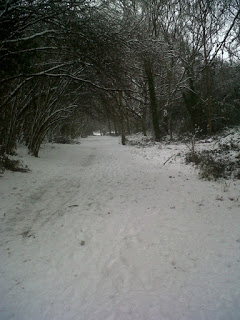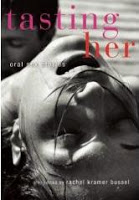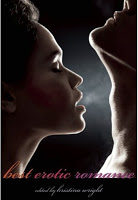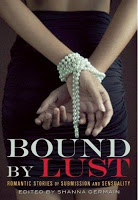By: Craig Sorensen
I’m a believer in cycles.
My life has had many, and I have found great benefit in embracing them. But there is a distinction to make when
considering cycles; they are not about a return to sameness, but a return to
familiarity under new circumstances.
I left Idaho in 1980 to join the Army, and returned in 1992
after my dad passed away. Being with my
brother and my mother recaptured something familiar, but much was different. I left Pennsylvania in 1989 and returned in
1995 to the same company I had worked for.
They had changed, I had changed, and we all benefited from this in the
form of a 17 year relationship that finally ended because our desires and
objectives had become different.
I left the first home I had lived in June
1965 and returned there for the first time in July 2012. My
memories of the place were surprisingly accurate, but my return taught me more
about the truths and fallacies of memory than any million words can say.
Last month, here at ERWA, I gave a concise recap of the
cycles that surround my love of storytelling.
I’m not particular about the kinds of stories I tell, I only want them
to be good stories. My entry into
erotica in 2006 was fueled by a warm reception to my work that I had not found
in other writing I had done. And
make no mistake, I have gone down dozens of rabbit holes, both as an author,
and as a man, in the many explorations I have made in erotica.
I started this post with stating my belief in cycles. But this does not assume fighting to go up
the river that was just exited. Quite the
contrary, it is about finding the familiar in what is new, knowing that this
new river may be very different, but finding the sameness and growing from this
combination, and hopefully adapting. Not
traveling the same river yet again, but ultimately understanding the nature of
rivers through experience.
And as much as I believe in cycles, I believe that life is a
river. Some choose to fight the waves,
some choose to flow, some choose to get the fuck out and sit on the bank. I choose to flow, and see what is around the
next bend. Springs enter creeks, creeks
enter streams, streams enter rivers, rivers enter wider rivers, and eventually
you find the vastness of the sea.
I seek the sea.
One year ago to the day, I posted my first entry on this
blog. That same day, I boarded a plane
to travel across the US, and landed in a new destination, at a job very
different than any I had known. Six
months later, in mid 2012, I drove with my family across the US, including that
visit to the first home I had ever known.
And through it all, my belief in cycles and rivers has
grown. Through it all, a long cycle has
been realized, as I resumed writing a series of stories that have emerged
slowly from my imagination since I was a boy growing up in Idaho. In the meanwhile, I’m working as hard as I
ever have at my day job. Somehow,
thirty-two years of business experience have come to focus like the sun through
a magnifying glass. A spectrum of
business experience burns white hot, and I’m taking on challenges I never
thought I’d be doing.
I’m seeing life in ways I never saw before.
And so I have been forced to choose whether I want to flow
down the river, or return back up with many things. There is always the temptation to return back
up the river, because though it might be tough to fight against the rapids,
there were many good things up that river.
Along this large, new river, there are the sparks of
familiarity. But this river is flowing
fast, so I have to choose where to focus my energy to learn and keep up with
the nuances of the currents.
And I have made that choice.
As much as I have loved writing erotica, and as much as I
love those of you who I have met and gotten to know along the way, writing
erotica is something that is up the current from where I am. Down current is the revitalization of a story
that I have developed and grown too many times to count. The story, for now, is my most important work.
And along the way, a job that makes my days go so fucking
fast that sometimes I can’t keep up. A
couple of years ago, I wouldn’t have been able to stand a situation like this,
but something in me was triggered, and now I’m lapping it up like a thirsty
young boy, drinking crystal water from a spring cascading down a rock.
And yes, that last description is a description from my
life. A memorable moment about the value
of thirst, quenching, and the quality of water.
A lesson about how water is cleansed as it flows.
Anyway, today it is one year since the day I first blogged
here, and one year since I went to take a new job out west, where I grew up as
a child.
Today is the end of a perfect cycle, and the perfect end to
bid a fond adieu to erotica. It is the
perfect day to thank each and every one of you who read my stories along the
way, or were kind enough to follow my disjointed blog, which I will close down at the end of January. It is a perfect
day to tell those of you I have met face to face, or exchanged emails with, how
much I appreciate what I have gained from you.
I only hope I have somehow reciprocated.
Am I completely done with erotica? If you think so, I ask you to reread this
post.
But for now, I take in where the river runs. And I obey the power of the river.
I thank Lisabet Sarai for the opportunity to post to this
ERWA blog. I thank all of my fellow
bloggers, truly a who’s who of erotica authors and a group I am honored to have
been a part of.
Craig J. Sorensen
January 15, 2013









